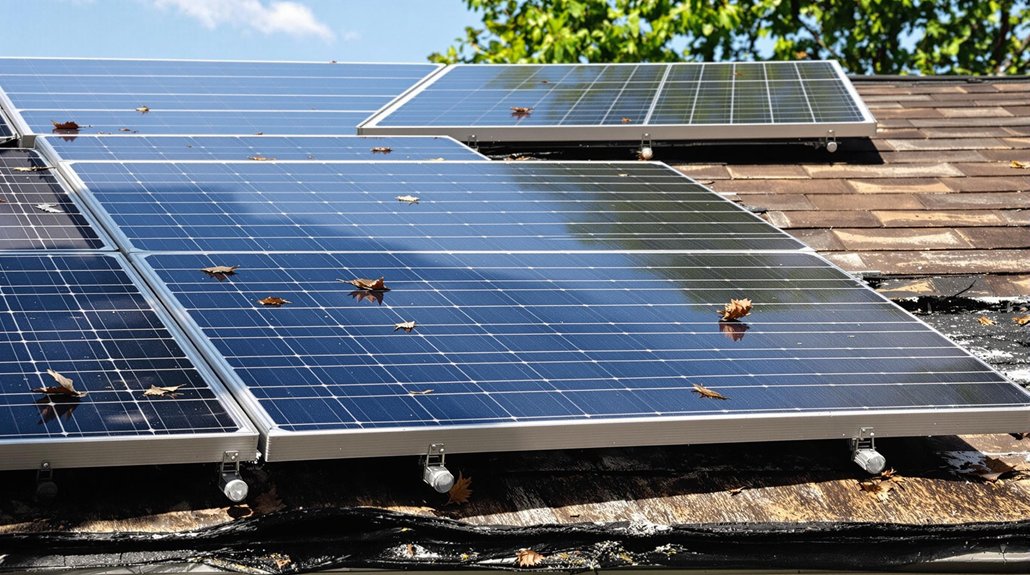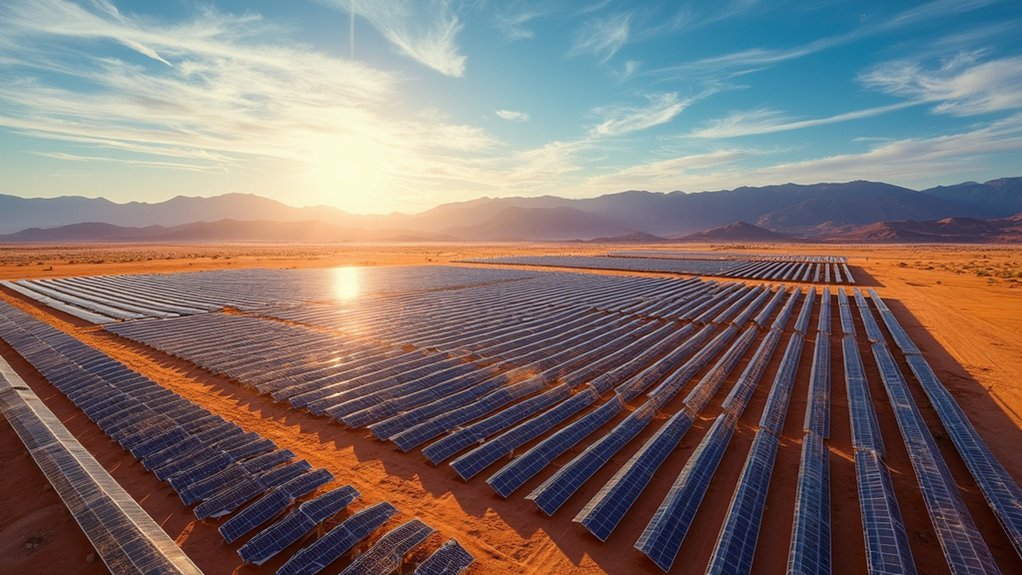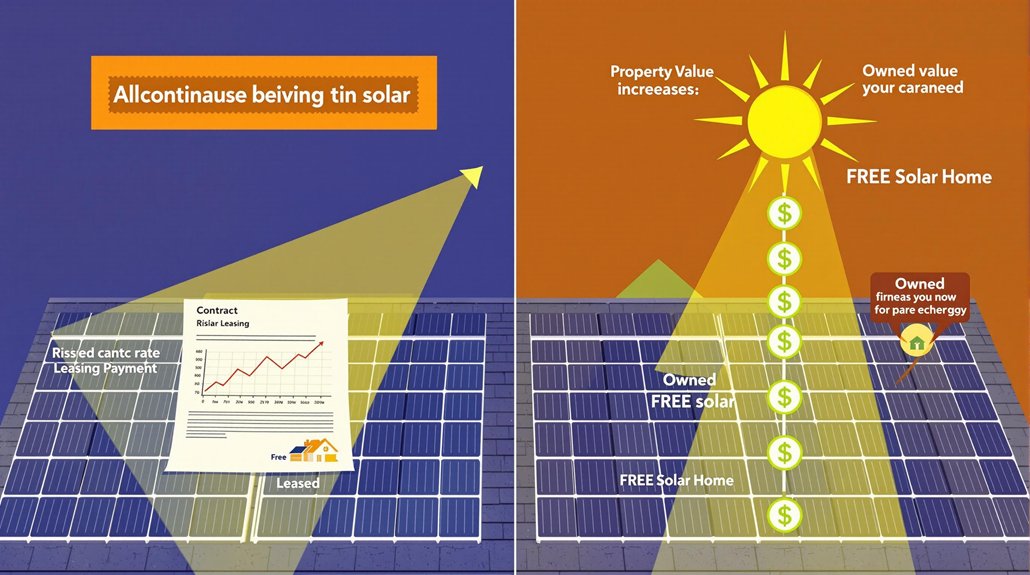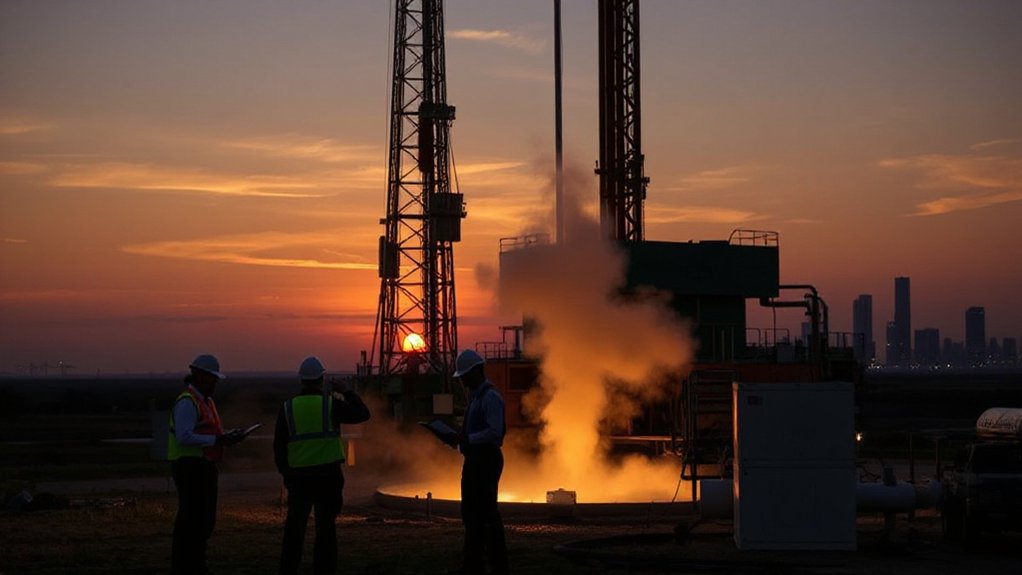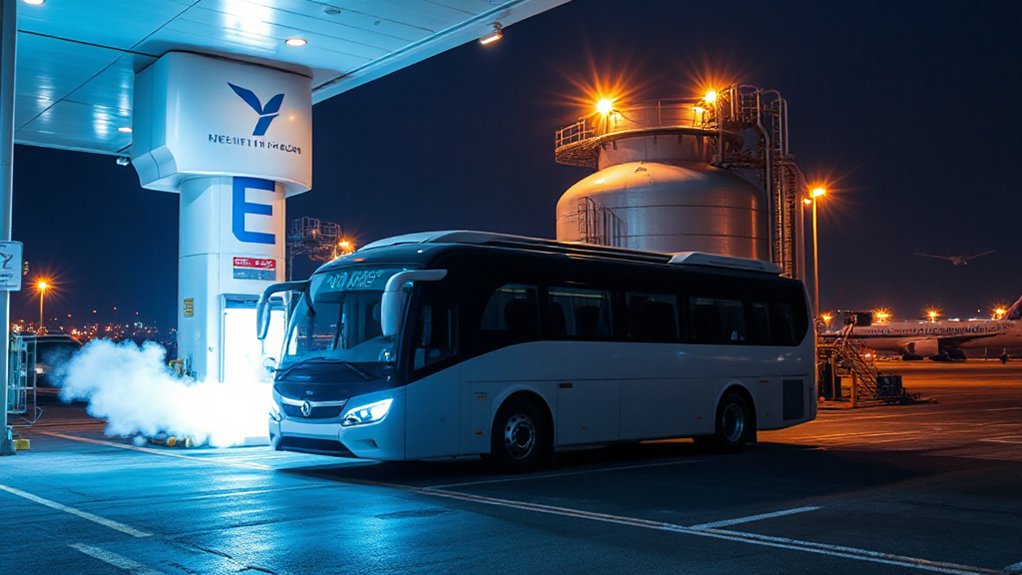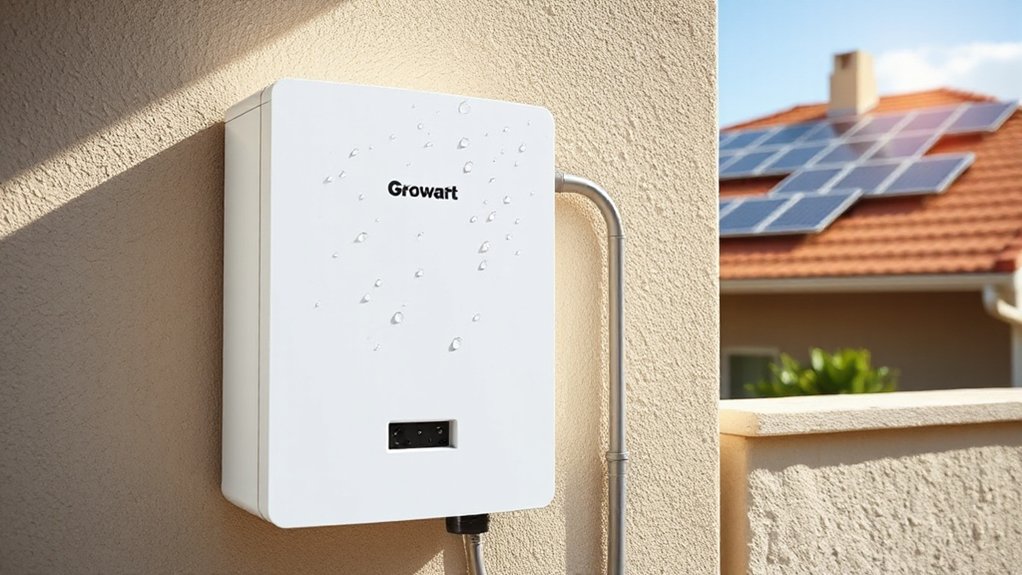Solar panel owners often regret five key mistakes. Many install systems that are too large or small for their needs. Some choose cheap, low-quality equipment that underperforms. Incorrect installation, especially poor panel positioning or mounting, causes significant problems. Financial errors include missing tax credits or failing to compare quotes. Neglecting maintenance and ignoring legal requirements leads to unexpected costs. These avoidable pitfalls can transform a smart investment into a costly headache.
While solar panels can save money on electricity bills, many homeowners make expensive mistakes when going solar. System sizing errors top the list of common problems. Some people install systems that are too large for their needs, wasting money upfront. Others choose systems that are too small, leaving them with insufficient power.
Equipment quality matters greatly. Homeowners who buy cheap, inefficient panels often regret it later. The wrong inverter can also reduce system performance. Low-quality wiring may lead to energy loss or even safety hazards. Many homeowners mistakenly purchase outdated polycrystalline panels despite their lower efficiency compared to mono-crystalline options.
Installation problems create headaches for many solar panel owners. Incorrect panel angles reduce energy production. Panels installed in shaded areas won’t generate much electricity. Poor roof mounting can damage homes and solar equipment.
Money mistakes hurt too. Some homeowners don’t claim available 30% tax credit offered under the Inflation Reduction Act. Others lease systems when buying might save more money long-term. Many fail to compare quotes from multiple installers, potentially overpaying by thousands.
Roof issues cause major problems. Installing panels on an aging roof means removing them later for roof repairs. Improper sealing around mounting hardware can lead to leaks. Some owners find their roof warranty is voided after solar installation. Curved roofs present installation challenges that can lead to height differences between panels affecting both aesthetics and efficiency.
Maintenance neglect reduces system performance. Dirty panels produce less electricity. Without regular inspections, small problems can grow into expensive repairs. Trees that grow to shade panels will reduce energy production.
Legal problems can be costly. Installing without proper permits may lead to fines. Homeowners association rules might require system removal if not followed. Some homeowners discover their home insurance doesn’t cover solar equipment damage.
Before going solar, careful research helps avoid these pitfalls. The most successful solar panel owners spend time planning their systems, choose quality equipment, hire experienced installers, understand financial incentives, prepare their roofs, establish maintenance routines, and follow all legal requirements.
